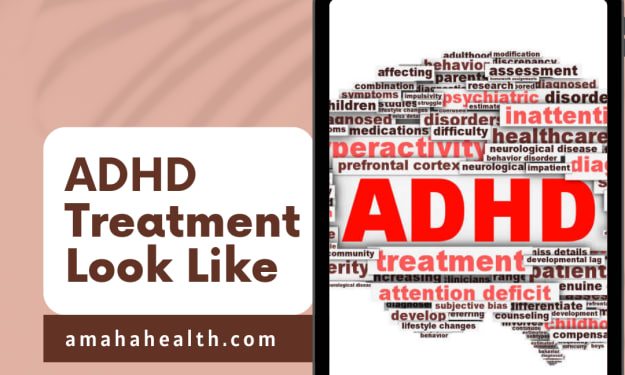Can depression turn into schizophrenia?
Can depression turn into schizophrenia?

The question "Can depression turn into schizophrenia?" has intrigued clinicians, researchers, and the general public for years. With mental health taking center stage in global health discussions, understanding the relationship and distinctions between psychiatric disorders becomes crucial. This article dives deep into the topic to unravel the intricacies of depression and schizophrenia and ascertain the possibility of one transitioning into the other.
Understanding Depression
Depression, clinically known as major depressive disorder (MDD), is a mood disorder characterized by persistent feelings of sadness, hopelessness, and a lack of interest or pleasure in daily activities. It affects an individual's thoughts, feelings, and behavior, often leading to physical and emotional problems. Factors contributing to depression can range from biological differences and brain chemistry to trauma and hormonal imbalances.
Schizophrenia at a Glance
Schizophrenia, on the other hand, is a chronic, severe, and disabling brain disorder characterized by symptoms like hallucinations (most commonly hearing voices), delusions, disorganized thinking, and impaired insight. It interferes with a person’s ability to think clearly, manage emotions, make decisions, and relate to others. The origins of schizophrenia are multifaceted, including genetics, brain chemistry, environment, and substance use.
Can Depression Turn Into Schizophrenia?
Straight to the point, depression does not directly 'turn into' schizophrenia. They are distinct disorders with unique diagnostic criteria. However, there are a few nuances to consider:
Comorbidity: Some individuals may experience both depression and schizophrenia simultaneously, a phenomenon known as comorbid depression and schizophrenia. It’s important to understand that having both conditions doesn’t imply one morphed into the other. They coexist.
Schizoaffective Disorder: This is a mental health disorder that features both schizophrenia and a mood disorder, either bipolar disorder or depression. While schizoaffective disorder combines traits of both conditions, it doesn't mean depression evolved into schizophrenia or vice versa.
Progression and Misdiagnosis: Rarely, a person may initially be diagnosed with depression and later with schizophrenia. This doesn't indicate a progression but can point towards an initial misdiagnosis or the later emergence of more pronounced psychotic symptoms.
Risk Factors and Overlapping Features
Although depression and schizophrenia are distinct, they share certain risk factors and symptoms:
Genetics: Having a family history of either depression or schizophrenia increases the chances of developing either condition.
Brain Chemistry: Neurotransmitters, the brain chemicals involved in both conditions, may lead to overlapping symptoms.
Environment: Stressful life events, trauma, and substance abuse can be risk factors for both depression and schizophrenia.
Moreover, severe depression can sometimes present with psychotic features, such as hallucinations or delusions. These symptoms are depressive in nature (for instance, believing one is ruined and will never recover). Such cases are termed “Major Depressive Disorder with Psychotic Features” and differ from schizophrenia in origin, presentation, and treatment.
The Importance of Early Diagnosis and Treatment
While depression itself doesn't turn into schizophrenia, any onset of symptoms suggestive of these conditions warrants early intervention. Early diagnosis and treatment of either disorder can significantly improve the quality of life, reduce symptom severity, and enhance the prognosis.
In Conclusion
Addressing the question, "Can depression turn into schizophrenia?" requires understanding the complexities and distinctions of each disorder. Though they might occasionally coexist or share certain symptoms and risk factors, one does not metamorphose into the other. Emphasizing clear communication about these conditions is pivotal to avoid misconceptions and promote effective mental health interventions.





Comments (1)
Sounds great